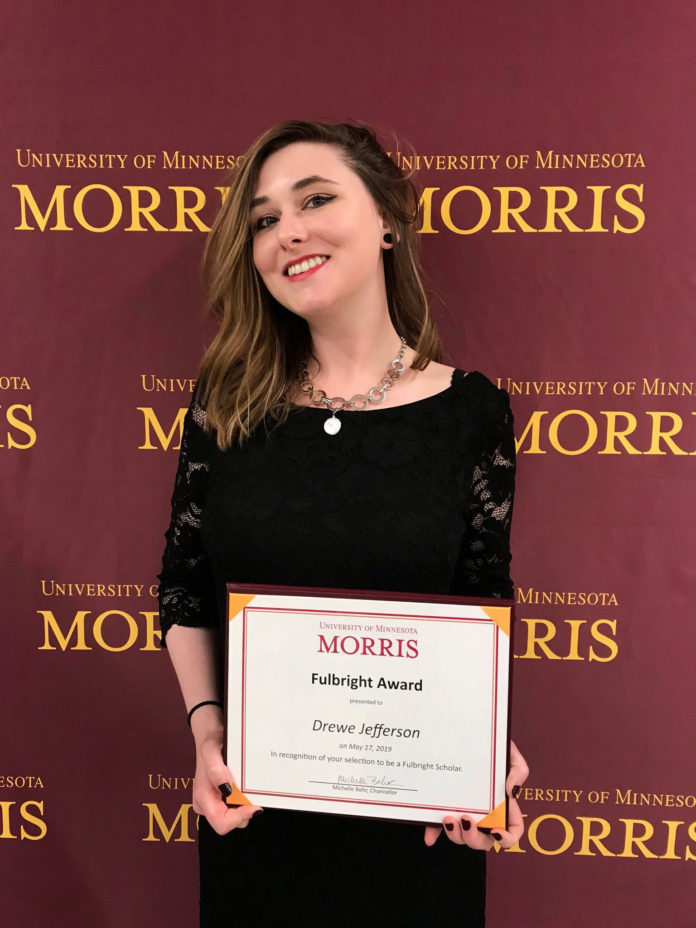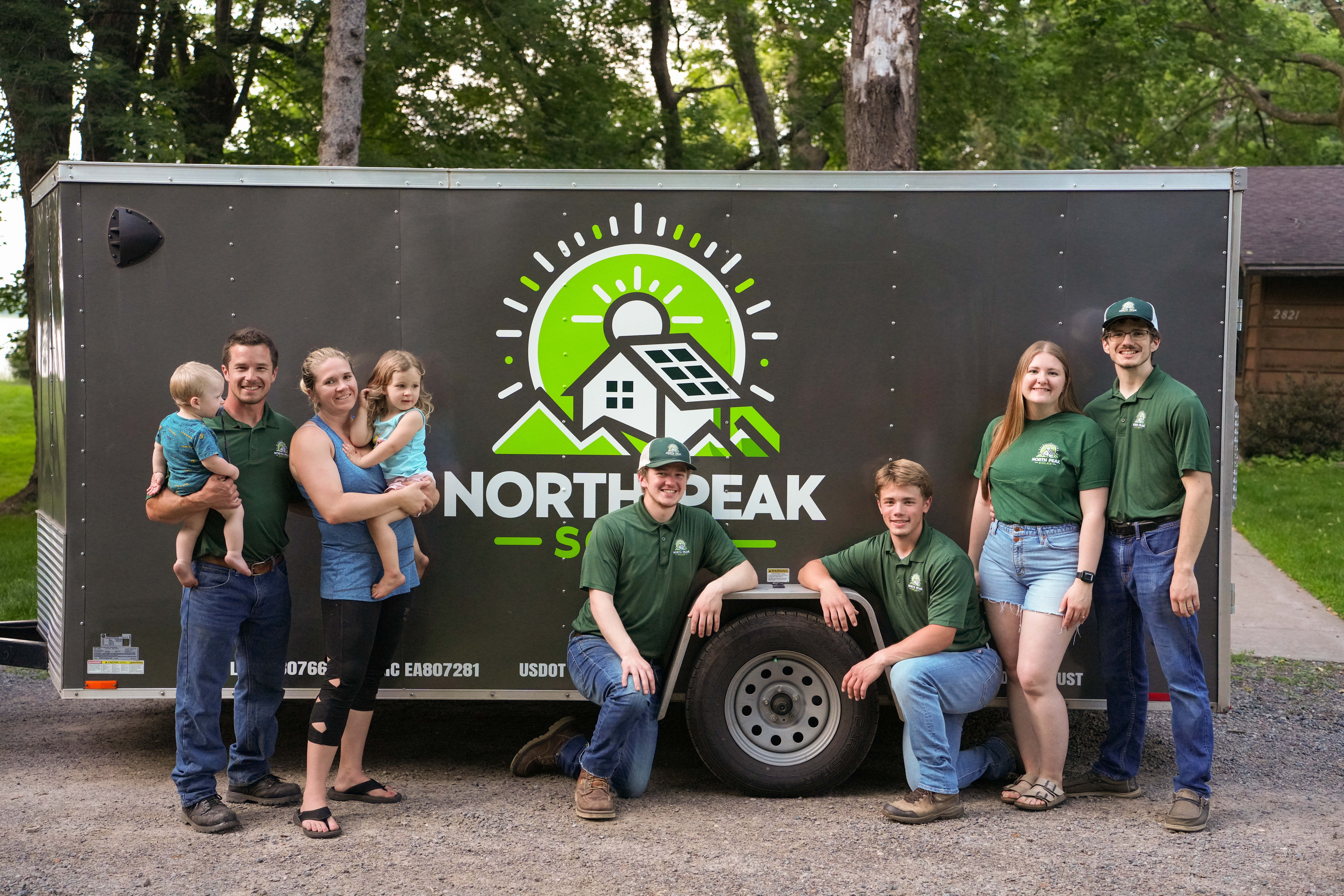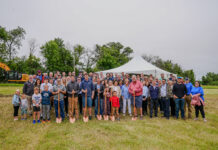In May of 2019 I attended the Fulbright Scholar Awards and Honors Ceremony at the University of Minnesota-Morris. As I walked across the stage to receive my award, I envisioned my upcoming life in Germany as an English Teaching Assistant (ETA): riding my bike along old cobblestone roads on the way to the school while smelling wafts of fresh baked bread from the bakery. In that moment I could have never imagined that a year later my Fulbright would look a lot different – that I would be sitting here, back home in Minnesota, writing this – that my Fulbright that I worked so hard for would be cut three months short due to a global pandemic.
The Fulbright U.S. Student Program is a nation-wide, highly competitive program. Since its establishment in 1946 under legislation introduced by the late U.S. Senator J. William Fulbright of Arkansas, the Fulbright Program has given more than 390,000 students, scholars, teachers, artists, and professionals of all backgrounds and fields the opportunity to study, teach and conduct research, exchange ideas, and contribute to finding solutions to shared international concerns. I am only one of over 2,100 U.S. citizens for the 2019-2020 academic year that was awarded and selected to conduct research, teach English, and provide expertise abroad in more than 140 countries. It is the largest and most recognized U.S. exchange program, as well as the U.S. government’s flagship international educational exchange program designed to build lasting connections between the people of the United States and the people of other countries.
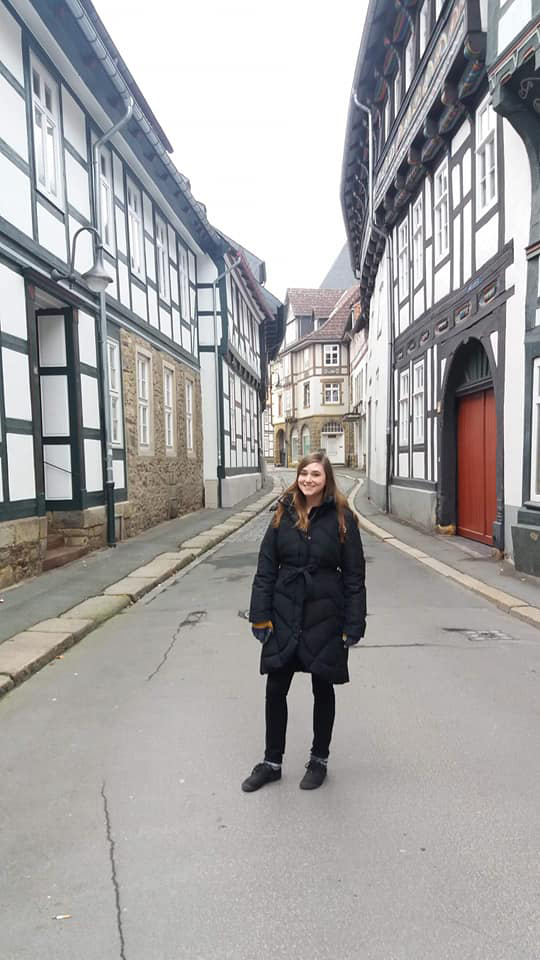
As a Fulbrighter, I served as a native English speaker and cultural ambassador of the United States to assist teachers in English classrooms. I lived and worked in Magdeburg, Germany at Werner-von-Siemens-Gymnasium, a STEM-oriented 5-12 school. I prepared my own lessons, led class discussions, and presented on cultural topics, grammar, and writing. My culturally immersive experience in Germany extended beyond the classroom, too. I was involved in the school community as a poetry instructor and member of the teacher’s choir.
In my free-time I enjoyed travelling, meeting up with other teaching assistants in the area, walking along the Elbe River, exploring the city of Magdeburg, and learning about the local history and culture in the part of Germany where I was located.
My Fulbright experience is a bit unique because I got engaged right before moving to Germany. I flew home for winter break to get married, and then my husband was supposed to fly to Germany in the spring so that we could go on our honeymoon in Europe. We were 25 days away from our Sweden/Denmark honeymoon when we heard the news of the 30-day European travel ban to the US. I had a short week at the school the week of March 8-14. It was project week for the kids and I had helped out with English camp for the 7th graders. I got off on Wednesday the 11th with plans to visit a fellow Fulbrighter in Dresden over the weekend. I went out that night for a beer with a friend from Spain, and when I got back, my husband called me frantically about the travel ban. He had wanted to book me a ticket home on Friday before the travel ban set in, but I said no way, because I already had train tickets to visit my friend. I also did not want to accept that our honeymoon was cancelled. I told him that we needed to give it some time before making any rash decisions. The next day, my friend in Dresden messaged me saying she was leaving on the flight back to the US on that Friday. Fulbright had sent out an email telling all of us to be patient and that they did not have any information as of yet. Because I had a hunch that Fulbright would urge us to return home, I checked the website for the Bureau of Educational and Cultural Affairs (ECA) for information. All US programs abroad were temporarily paused and students/workers abroad were advised to return to the US immediately. On Friday the 13th, I made the decision to book a flight home for the following week on Friday the 20th. By Sunday, Fulbright had sent out an email advising us to return home and that all 2019-2020 Fulbrighters would still receive alumni status.
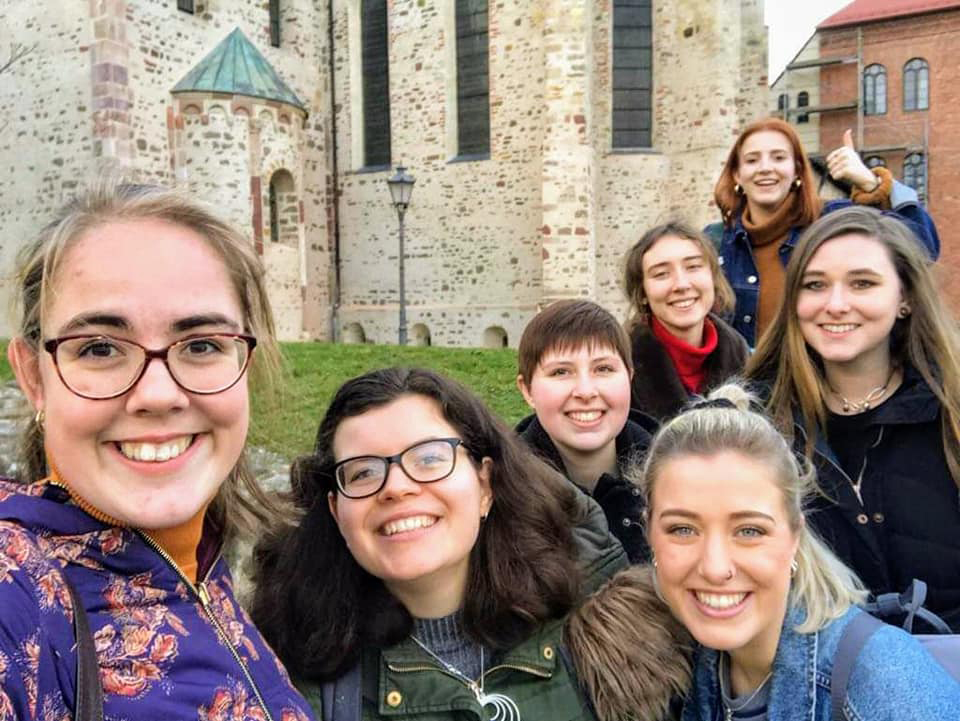
The worst part about being abroad while all of this was happening was waiting alone in my tiny apartment until my flight. I put it upon myself to self-isolate until then, just in case. It was the longest week I have ever experienced. I tried to piecemeal packing up my apartment day by day so that I would have something to keep occupied with every day. Each day that passed I had wished I had booked an earlier flight, but I did not want to jeopardize my ride to the airport, nor did I want to get stuck at the airport when it was bottlenecked. For a whole week I was so wracked with nerves that I could barely eat or sleep. Any time that I left my apartment (to get refunds, groceries, money from the bank), I held my breath walking past people, paranoid I would get infected. All I wanted was to be safe with my husband.
Finally it was the night before my flight. I was just about to go to bed when my husband called me, saying I needed to get to the airport immediately because it had just switched from a level 3 to a level 4 travel advisory – the level for warzones and natural disasters. He was afraid my flight would be cancelled because airlines had already started cancelling weekend flights from Europe. To my knowledge, mine was the last “normal” flight back to the US. I followed suit in a panic and called my ride. I arrived in Berlin at midnight only to realize the airport did not open until 4am. Luckily, the doors were open and I could lie down on a metal bench inside. I waited 10 hours at the Berlin airport. I refused to even look out the window when the plane took off because I wanted to get home so badly.
After a 9-hour flight to Newark, customs, COVID-19 screening, a 3 hour and 45 minute layover, and another 3-hour flight to Minneapolis, I was reunited with my husband. I would not let him hug me until after I showered. I even sat in the back seat. He stayed in self-quarantine with me for 14 days. I checked my temperature twice a day and never developed symptoms or got sick.
Who would have thought that an invisible, unknown, microscopic monster could wreak so much havoc on the world?



